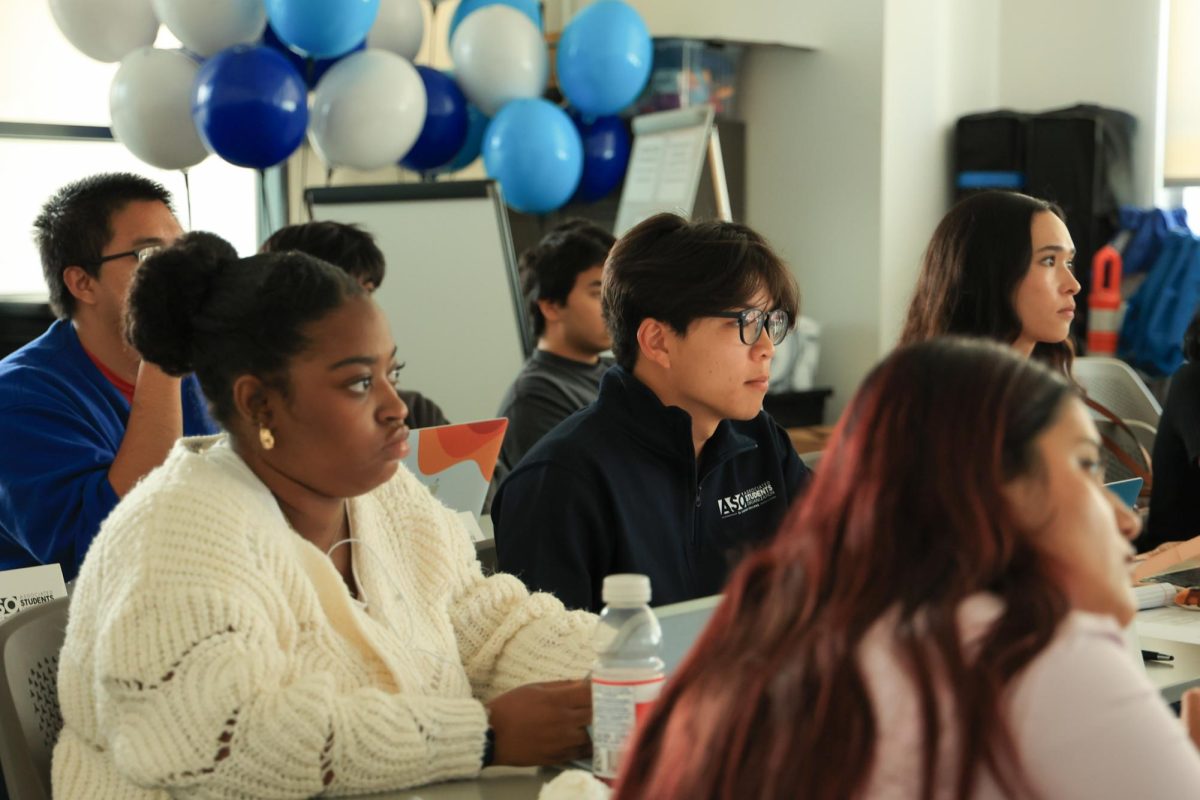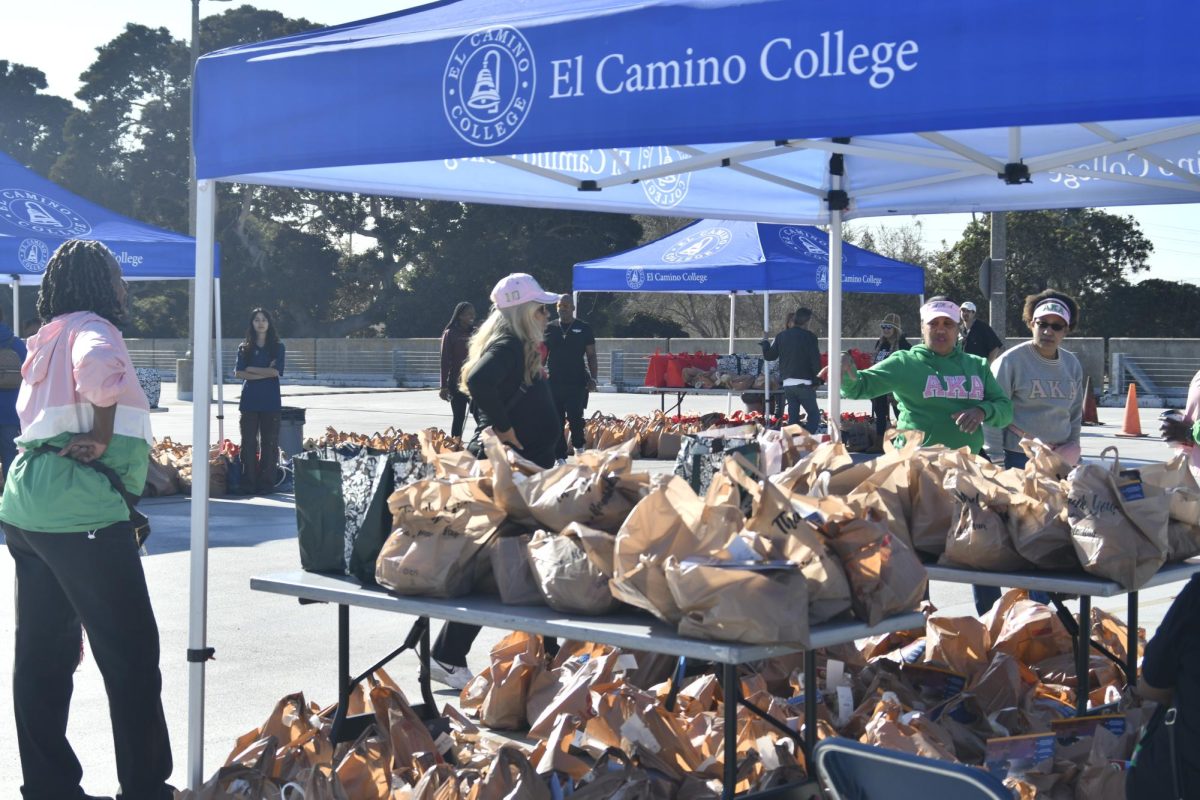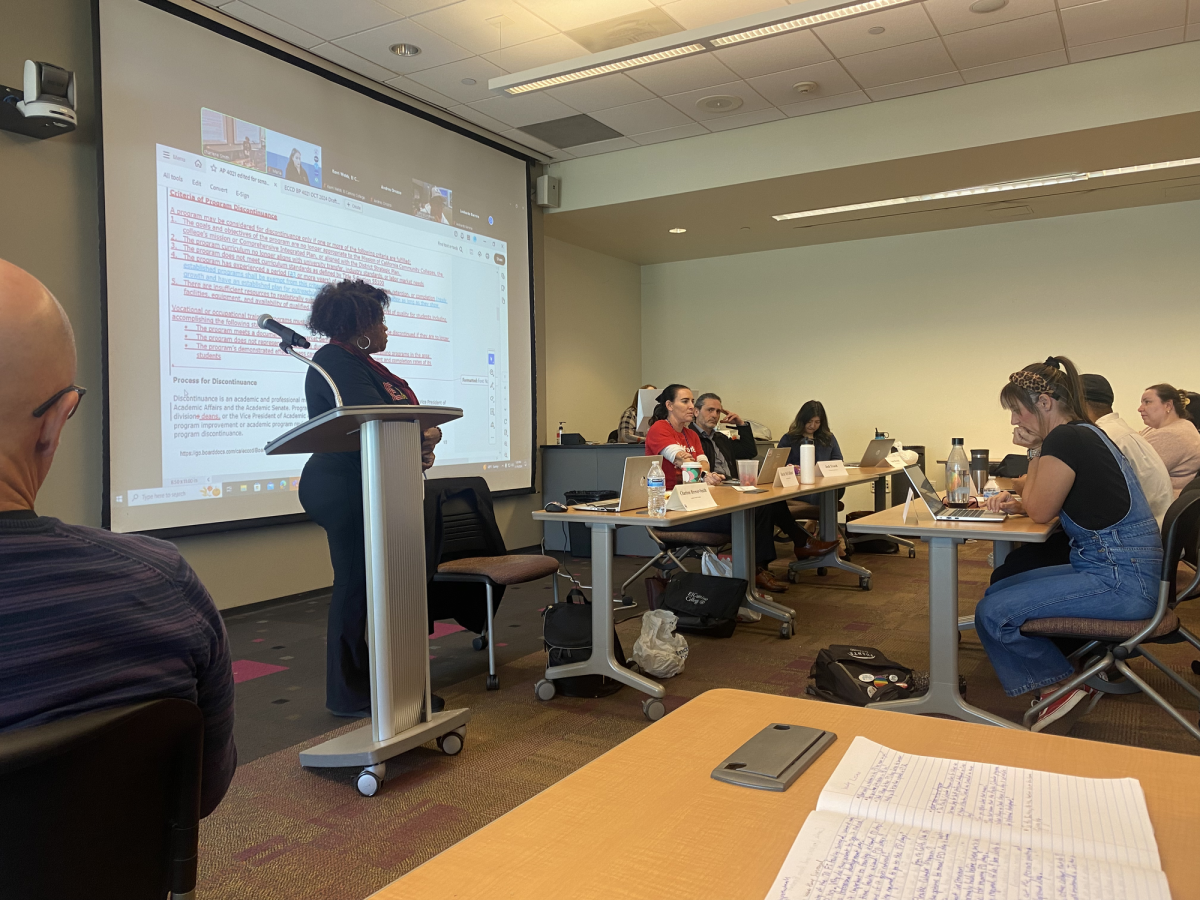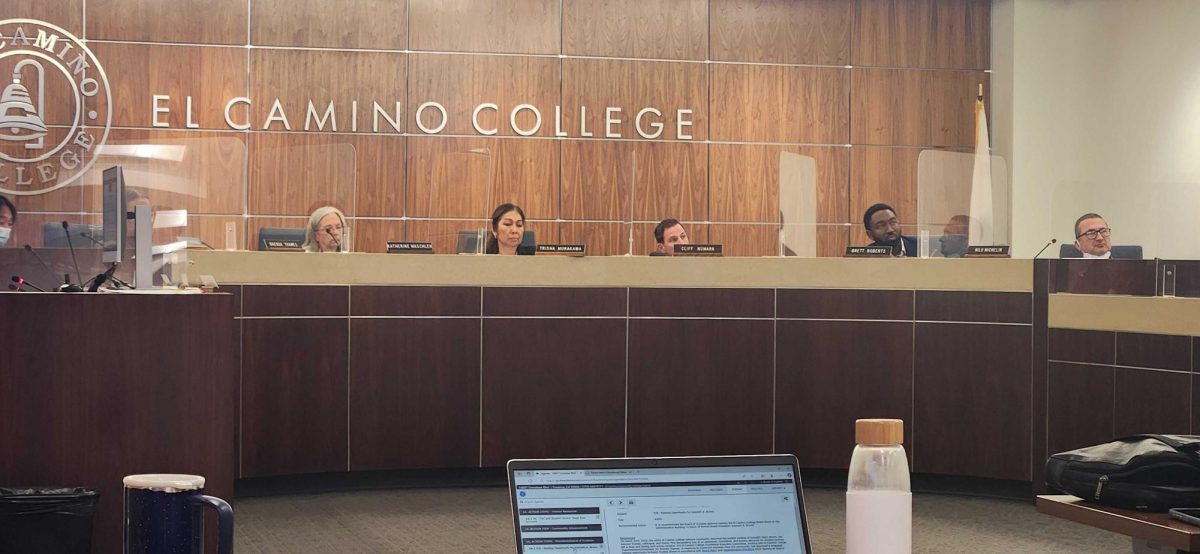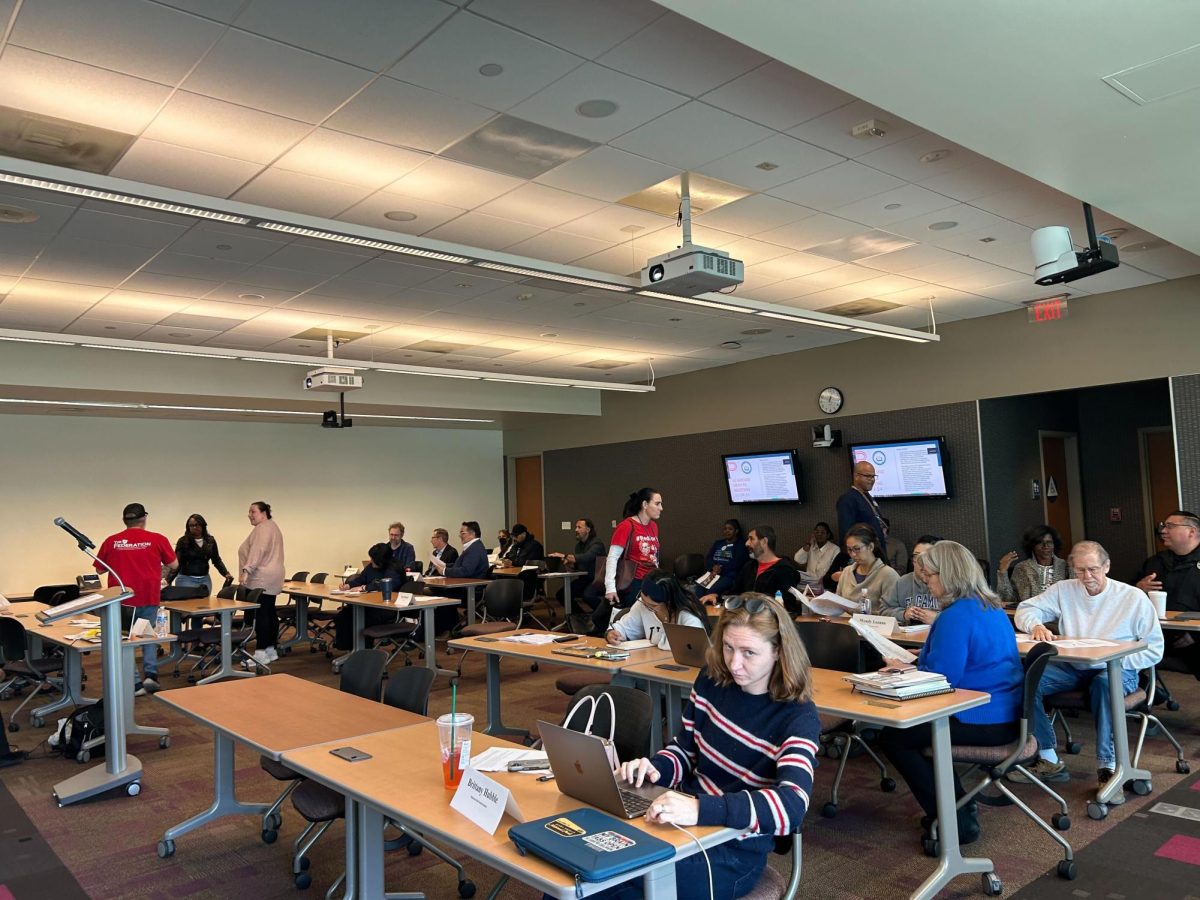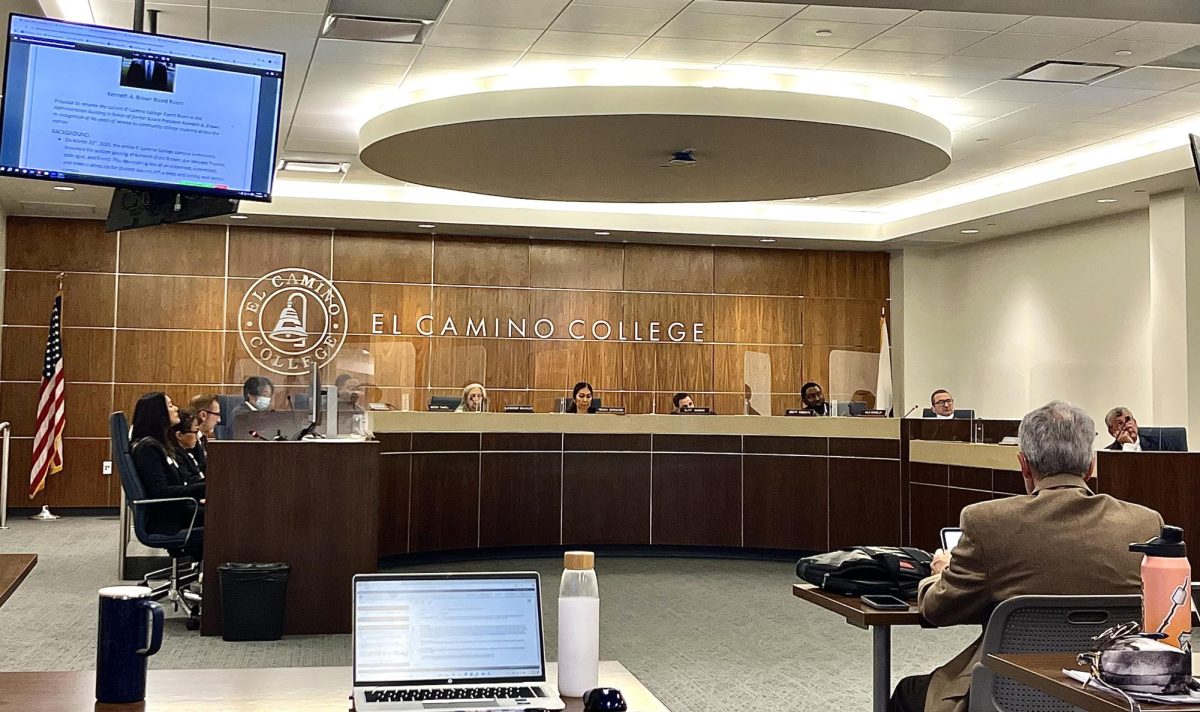After a measles outbreak affected hundreds of college students quarantined at the UCLA and Cal State Los Angeles campuses, health officials at El Camino College are prepared in the event of an outbreak on campus.
Susan Nilles, director of the El Camino College Health Center, said she has been in communication with the Los Angeles County Department of Public Health to ensure proper protocol is in place at EC in case of an outbreak.
“Worst case scenario is someone walks in with a bunch of people that aren’t immune,” Nilles said. “Every student needs to know their immunity status to stay healthy.”
Measles was considered eradicated in the United States in 2000 but Nilles said the anti-vaccination movement has contributed to the return of the disease as well as people visiting countries where the disease is active.
“It has been documented that non-vaccinated individuals are the ones getting sick,” Nilles said.
Measles and vaccinations
Health officials have been working to identify hundreds of cases regarding people in the greater LA area who may have come in contact with the disease as it spreads through coughing and sneezing, according to the Center for Disease Control and Prevention (CDC).
The mains symptom of measles is often a heavy rash but the viral infection can also be diagnosed through a cough, runny nose or high fever.
Nilles said students should phone the Health Center at (310) 660-3643 if they suspect they have measles and stay in place so that the affected area may be quarantined until health officials can confirm the disease is gone.
In some cases, measles can cause pneumonia, the swelling of the brain and death, according to the Los Angeles Department of Public Health.
Although the disease is preventable with a single vaccine for measles, mumps and rubella, Nilles said there have been fewer people getting the MMR vaccine, according to the Los Angeles Department of Public Health.
Measles is highly contagious, according to the CDC—90% of non-immune people that come in contact with the disease become infected.
Despite the anti-vaccination movement, there are other people whose immune systems are weak and therefore cannot fight off diseases even when they are vaccinated, such as chemotherapy patients, Nilles said.
If everyone is vaccinated, the disease can’t make it to the non-immune, so we “rely on herd immunity,” Nilles said.
But herd immunity is not as strong as it used to be, she added.
Treatment and resources
The EC Health Center is funded by the student health fee and does not accept insurance, which is why it offers the MMR vaccination for a discounted $60, Nilles said.
She said that the Health Center also offers a $7 titer test that can diagnose students with measles.
Since the Health Center is funded by the student health fee it only treats students.
However, Nilles said faculty and staff seeking treatment at the Health Center or students who can’t afford the $60 vaccine will be connected to clinics around the area that can provide work with their insurances.
“We want to help and connect them to somebody,” Nilles said. “It’s not about saying ‘never’ to anybody or ‘good luck.'”




